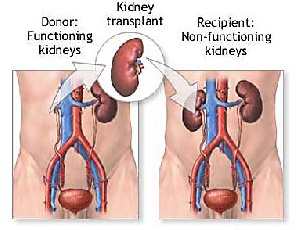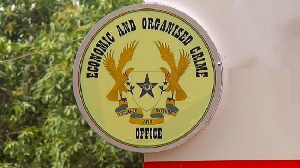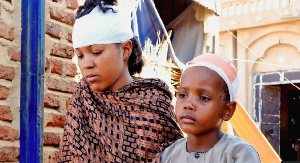Accra, May 12, GNA - The second kidney transplant to be performed in the country was on Tuesday delayed for over three hours due to administrative issues involving the registration of the United Kingdom (UK) team of doctors to enable them to operate in the country.
The U.K. team of doctors scheduled to perform the transplant could not begin the surgery as scheduled because they had not been duly registered with the Medical and Dental Council, which is the normal practice that allows medical practitioners to work in other countries. When the administration issues were resolved the surgery which was to start around 0900 started after 12 noon. The surgery was performed jointly by a team of medical doctors from Queen's Hospital in the United Kingdom and Korle-Bu Teaching hospital. The transplant, which is from a donor (a sister) to the recipient, is expected to last for about five hours. The transplant costs GH¢20,000, including immuno suppressive drugs for six months.
Dr Bernard Morton, a local Surgeon and Urologist, told the media that when the kidney is harvested, a desk surgery would be performed on it to wash it thoroughly and fat deposits removed and put on slice ice before the transplant.
He said the passing of urine after surgery by the recipient indicated a successful transplant.
He said kidney transplant gives persons with renal diseases an opportunity to live at the end stage of the disease. Renal cases constituted 9.5 per cent of all medical admissions. The unit undertook 4,000 dialysis session per annum from 2005-2008, which was about 2,000 per cent increase, as compared to 200 dialysis sessions from 172 in 1990.
Dr Morton explained that dialysis was not the final treatment for kidney failure but served as a stop-gap measure towards transplant which was more convenient and a less expensive way of dealing with the condition.
He was of the view that though kidney transplant cost between US$10,000 and US$50,000 depending on the country involved, it also improved the quality of life and was relatively cheaper than dialysis. Kidney problems are on the increase and the four kidney centres that the country currently has are inadequate to cater for the increasing number of people suffering from kidney related problems.
Health News of Tuesday, 12 May 2009
Source: GNA













